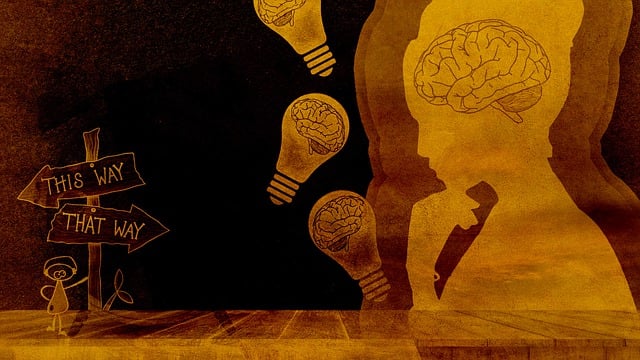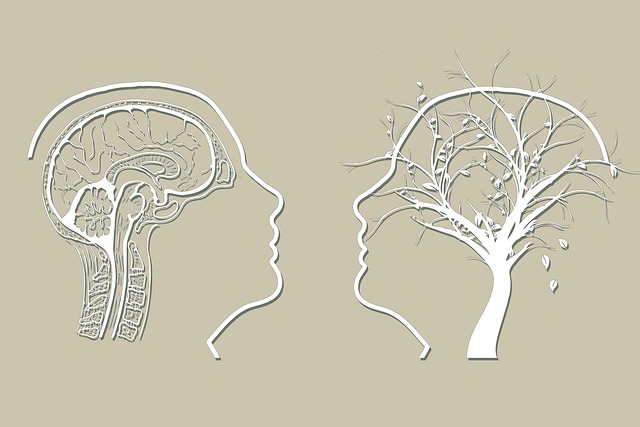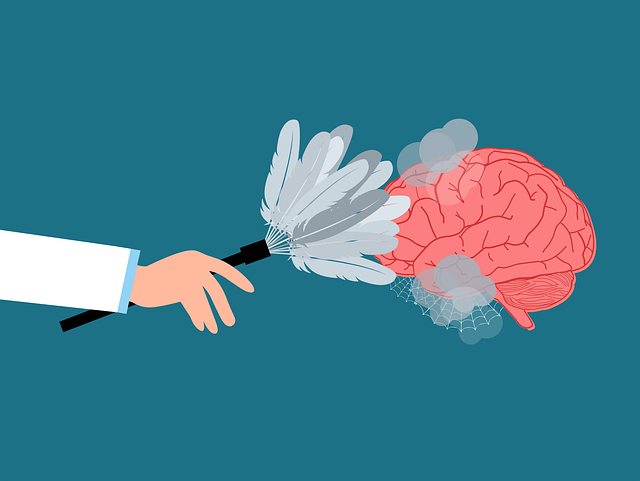Crisis Intervention Teams (CITs), composed of mental health specialists, educators, and social workers, swiftly respond to distressed youth. By de-escalating high-risk situations and promoting well-being through tailored therapy for children, CITs prevent harm, build resilience, and empower kids with confidence strategies. Addressing a child's self-esteem is crucial for crisis intervention, as it significantly impacts their emotional regulation and recovery from trauma or stress. Comprehensive training programs, focusing on technical skills, mental health awareness, self-care, social skills, and targeted therapy for children, ensure effective CIT formation. These programs prioritize building self-esteem to enhance confidence in navigating complex situations, contributing to efficient crisis intervention services.
Crisis intervention teams play a pivotal role in supporting youth facing emotional or psychological crises. This article explores their significance, focusing on how self-esteem acts as a cornerstone in effective crisis intervention. We delve into training programs designed to foster robust crisis intervention teams, emphasizing the importance of empowering children through therapy-driven approaches that boost self-esteem. By understanding these key aspects, we can enhance our response to young people in need.
- Understanding Crisis Intervention Teams: Their Role and Impact on Youth
- The Importance of Self-Esteem in Children's Crisis Intervention
- Training Programs for Effective Crisis Intervention Team Formation
Understanding Crisis Intervention Teams: Their Role and Impact on Youth

Crisis Intervention Teams (CITs) are specialized groups designed to provide immediate and effective support for youth in distress. These teams consist of trained professionals from various backgrounds, including mental health specialists, educators, and social workers, who collaborate to address acute crises. By swiftly intervening, CITs aim to de-escalate high-risk situations, prevent further harm, and promote the overall well-being of young individuals.
The role of these teams extends beyond crisis resolution. They play a pivotal role in enhancing self-esteem and building resilience in children by offering tailored therapy for children and guidance on stress management. Through regular workshops and training sessions, CITs equip young people with confidence-boosting strategies to navigate challenging situations. This proactive approach not only helps individuals cope with immediate crises but also equips them with lifelong skills to manage future stressors effectively.
The Importance of Self-Esteem in Children's Crisis Intervention

In crisis intervention settings, addressing a child’s self-esteem is paramount as it significantly influences their ability to cope and recover from traumatic or stressful events. Children with low self-worth often struggle with emotional regulation, making them more susceptible to exacerbating crises. Therapy for children focused on self-esteem improvement becomes an essential tool in the arsenal of mental health professionals. This approach not only enhances a child’s crisis management skills but also fosters resilience and adaptability in the face of adversity.
Self-esteem serves as a protective factor against future mental health issues, with positive self-perception enabling children to better navigate challenging situations. By integrating self-esteem improvement techniques into risk management planning for mental health professionals, they can empower children to express their emotions healthily, set achievable goals, and develop a positive sense of self. This holistic approach ensures that children not only manage current crises but also build lasting coping mechanisms, contributing to their overall well-being.
Training Programs for Effective Crisis Intervention Team Formation

Effective crisis intervention team formation relies heavily on comprehensive training programs that cater to diverse needs. These programs should encompass a multi-faceted approach, focusing not only on technical skills but also fostering mental health awareness and self-care routine development for better mental health among team members. By integrating social skills training, the teams can enhance their ability to connect and support individuals in crisis, promoting healing and recovery.
Targeted therapy for children, a key component within these training programs, equips team members with specialized techniques to address the unique needs of young people in distress. Building self-esteem is crucial; it enables team members to navigate complex situations with confidence, ensuring they can provide efficient crisis intervention services. Through interactive workshops and practical exercises, training programs aim to strengthen the team’s collective resilience, enabling them to effectively respond and support individuals facing various crises.
Crisis intervention team training programs are vital tools for fostering effective support networks around vulnerable youth. By equipping professionals with the necessary skills, these programs enhance the ability to navigate and de-escalate crises, ultimately improving outcomes for children and adolescents struggling with emotional or psychological challenges. Through comprehensive training, including emphasis on building self-esteem, teams can provide compassionate and competent therapy for children, ensuring they receive the best possible care during tumultuous times.










